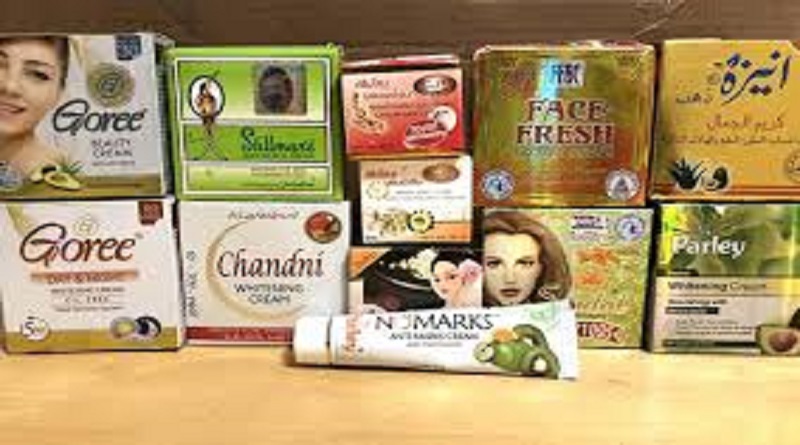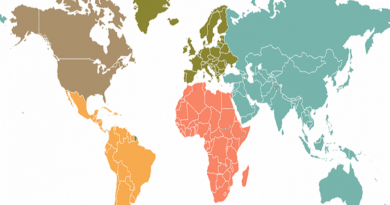Minamata Convention: Africa proposes treaty sales ban on mercury skin lighteners
The Zero Mercury Working Group has applauded the recent proposal by the African Region to amend the Minamata Convention to ban the sale and offering of sales of mercury-added cosmetics, including skin lightening products
“Over the years, the African region has taken a leadership role in phasing out mercury in products, including in lighting, dentistry and now skin lightening cosmetics,” said Rico Euripidou from groundWork in South Africa. “Toxic cosmetics are a global mercury crisis warranting coordinated international collaboration.”
African-focused studies reveal why mercury laced cosmetics are such an acute health risk.
- A South Africa study revealed 70 percent of skin-lightening creams contained high levels of mercury.
- A study conducted in Ghana found that 70 percent of patients with kidney disease had a history of using bleaching creams.
- A Nigeria study found that over 30 percent of women who used bleaching creams experienced skin irritation.
“Even in countries like Nigeria that have banned manufacture and trade, mercury-added cosmetics are still widely available,” said Leslie Adogame, Executive Director of the Sustainable Research and Action for Environmental Development (SRADeV Nigeria). “Since most come from outside the country, more must be done globally to curtail sales and use.”
This past February, the Nigerian Agency for Food Drug Administration and Control (NAFDAC) declared the use of bleaching creams as a national health emergency in the country. Dr. Abubakar Jimoh, Director Public Affairs NAFDAC, said that the agency required the media to combat the bleaching epidemic among Nigerians, saying “NAFDAC cannot do it alone.”
Other African countries have issued similar declarations. In 2018, the Rwandan government began enforcing a nationwide ban on cosmetics containing harmful chemicals like mercury, making it illegal to produce or sell most skin lightening cosmetics.
And in August 2022 Cameroon’s health ministry banned the import, production and distribution of cosmetic and personal hygiene products containing dangerous substances such as mercury.
“Despite the Convention’s ban on manufacture and trade, the proliferation and sales of mercury cosmetics continues unabated in local markets and increasingly though the internet.”, said Michael Bender, International Co-coordinator, Zero Mercury Working Group. “To date, these major online platforms are not held accountable for facilitating the sale of often illegal high mercury cosmetics. If adopted, the sales ban can help prevent marketing of toxic and often illegal cosmetics.”
Although there are no official figures on how many women use such products across Africa, billboards advertising the potentially deadly creams can be seen in cities across the continent.
“The current sales ban proposal on mercury-added products reflects the willingness of many African countries to drive the mercury change envisioned by the Minamata Convention in their countries,” said Charline Cheuvart, Mercury Policy Officer at the European Environmental Bureau. “The upcoming COP should endorse this forward-looking initiative and make it part of the fight against mercury pollution worldwide and the effort to #MakeMercuryHistory.”
At least ten African countries have adopted regulations to curtail toxic skin lighters, including South Africa, Kenya, Côte d’Ivoire, Ghana, Uganda, Tanzania, Rwanda, Nigeria, Cameroon and South Sudan. Since 2015, eight of those ten countries have taken steps to curtail toxic cosmetics.



